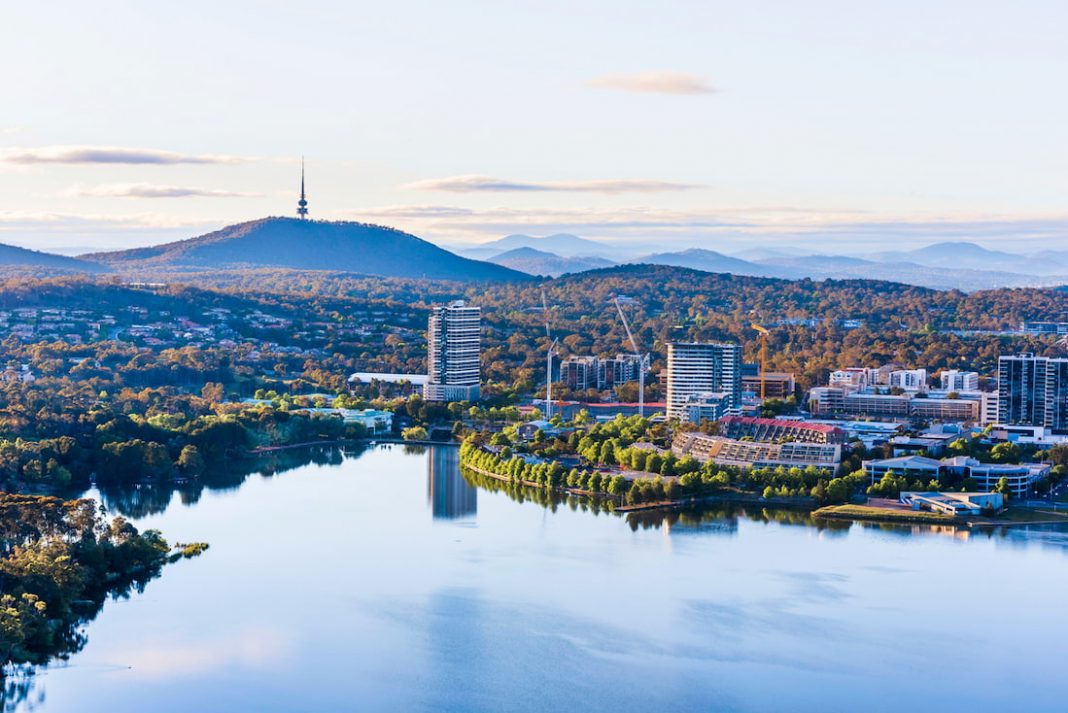The ACT projects itself as a pioneer in the global movement towards “Net Zero” emissions of carbon dioxide and other “greenhouse gases”.
The Territory has contracted for 100 per cent wind/solar electricity (though as an integral part of the NSW region its actual supply is 70 per cent coal derived). It has been a pioneer in subsidising electric vehicles and is a “first mover” in banning direct use of natural gas; those measures that are claimed to bring lower emissions by replacing coal, oil and gas with wind and solar.
The Territory’s position appears to be consistent with the communiqué issued in Dubai at the 28th annual Conference of the Parties (COP 28) of the UN Climate Change Convention. The COP 28 communiqué included what was designated a breakthrough agreement to phase out coal as a source of electricity, though only ‘in a just, orderly, and equitable manner.’
But will 2024 mark a turning point?
Many media outlets see recent elections as foreshadowing a wind-back of national climate commitments. The most colourful is that of new Argentinian President Javier Milei who has vowed to cancel all emission reduction measures (as well as massively cutting the public service!). But less spectacular changes have taken place with new governments in Europe that are sceptical of a need to reduce emission – at least by switching to wind/solar. Sweden, Finland, Greece and the Netherlands are set to join Hungary and Italy in a shift away from climate-driven policies.
France and Germany have no national elections scheduled for this year.
However, in Germany, the ‘far right’ AfD is likely to become more prominent in state elections and the ruling Left-Green-Free Democrats federal coalition is looking fragile – in a recent popular vote, a bare majority of the conservative Free Democrats favoured continuing with its bizarre alliance. Right of centre parties are polling at 60 per cent and the German economy is in an energy-price induced recession accompanied by extensive farmer demonstrations against the government’s policies.
France has also cooled on renewables and its new energy bill avoids setting a target for them, while restoring the nation’s former emphasis on nuclear.
Of course, the crucial contest is the US. If the November Presidential elections are a victory for Trump (or DeSantis or Ramaswamy) this will bring about a collapse of President Biden’s extensive energy subsidy policies and renewed government support for gas, which is the predominant source of electricity generation in the US.
These developments would leave Canberra’s climate policies as empty vanity gestures that not only have no effect on global emissions but do not even offer a model for others to follow. So, rather than boasting about being at the tip of the spear of global energy and greenhouse emissions policy, Canberra could find itself marooned by an ebbing tide.
This may lead to increased scrutiny of the price effects of the Territory’s energy policies. Canstar electricity pricing data indicates that Canberrans already pay a premium (about 18 per cent) above their Sydney counterparts. This is in spite of Sydney consumers also facing a supply loaded with the costs stemming from subsidised renewables. And existing costs will mushroom with the increased requirements to reduce coal-generated electricity supplies and the associated escalation in network charges this entails.



